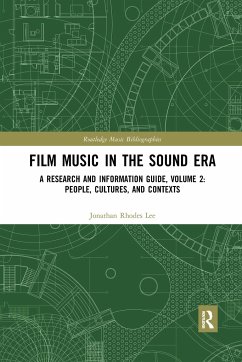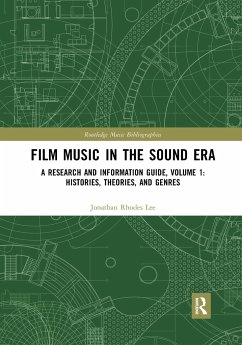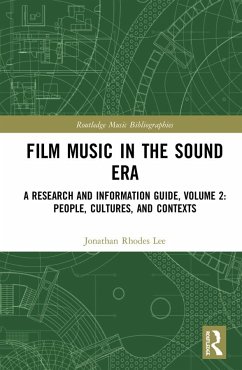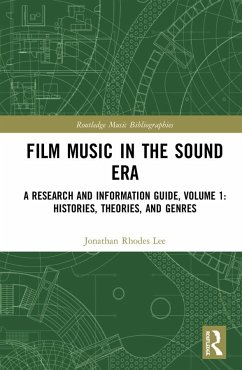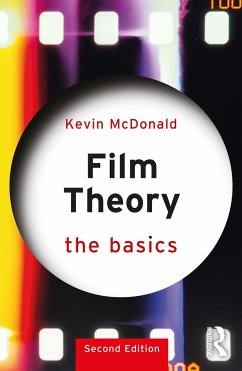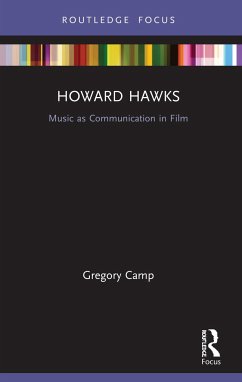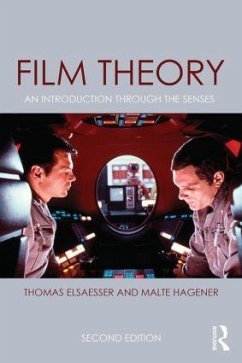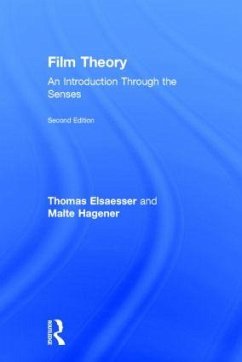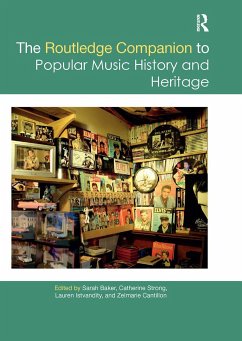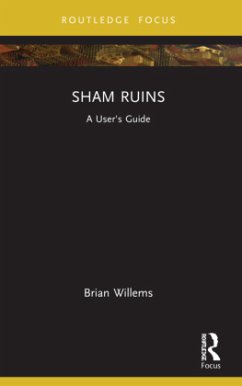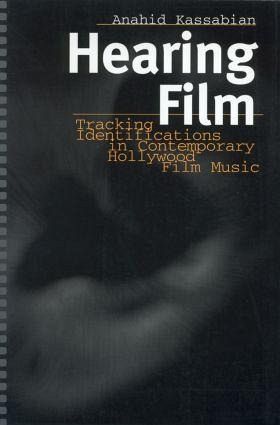
Hearing Film
Tracking Identifications in Contemporary Hollywood Film Music
Versandkostenfrei!
Versandfertig in 6-10 Tagen
53,99 €
inkl. MwSt.
Weitere Ausgaben:

PAYBACK Punkte
27 °P sammeln!
Music is central to any film, creating a tone for the movie that is just as vital as the visual and narrative components. In recent years, racial and gender diversity in film has exploded, and the making of musical scores has changed drastically.Hearing Film offers the first critical examination of music in the films of the 1980s and 1990s and looks at the burgeoning role of compiled scores in the shaping of a film . In the first section, "A Woman Scored," Kassabian analyzes desire and agency in the music of such films as Dangerous Liaisons, Desert Hearts, Bagdad Café, Dirty Dancing and Thelm...
Music is central to any film, creating a tone for the movie that is just as vital as the visual and narrative components. In recent years, racial and gender diversity in film has exploded, and the making of musical scores has changed drastically.
Hearing Film offers the first critical examination of music in the films of the 1980s and 1990s and looks at the burgeoning role of compiled scores in the shaping of a film . In the first section, "A Woman Scored," Kassabian analyzes desire and agency in the music of such films as Dangerous Liaisons, Desert Hearts, Bagdad Café, Dirty Dancing and Thelma and Louise. In "At the Twilight's Last Scoring," she looks at gender, race, sexuality and assimilation in the music of The Hunt for Red October, Lethal Weapon 2 and Indiana Jones and the Temple of Doom. And finally, in "Opening Scores," she considers how films such as Dangerous Minds, The Substitute, Mississippi Masala and Corrina, Corrina bring together several different entry points of identification through their scores.
Kassabian ensures that modern film criticism has a new chapter written through this book. Her important and long-overdue analysis is not to be ignored. Also includes eleven musical examples.
Hearing Film offers the first critical examination of music in the films of the 1980s and 1990s and looks at the burgeoning role of compiled scores in the shaping of a film . In the first section, "A Woman Scored," Kassabian analyzes desire and agency in the music of such films as Dangerous Liaisons, Desert Hearts, Bagdad Café, Dirty Dancing and Thelma and Louise. In "At the Twilight's Last Scoring," she looks at gender, race, sexuality and assimilation in the music of The Hunt for Red October, Lethal Weapon 2 and Indiana Jones and the Temple of Doom. And finally, in "Opening Scores," she considers how films such as Dangerous Minds, The Substitute, Mississippi Masala and Corrina, Corrina bring together several different entry points of identification through their scores.
Kassabian ensures that modern film criticism has a new chapter written through this book. Her important and long-overdue analysis is not to be ignored. Also includes eleven musical examples.





